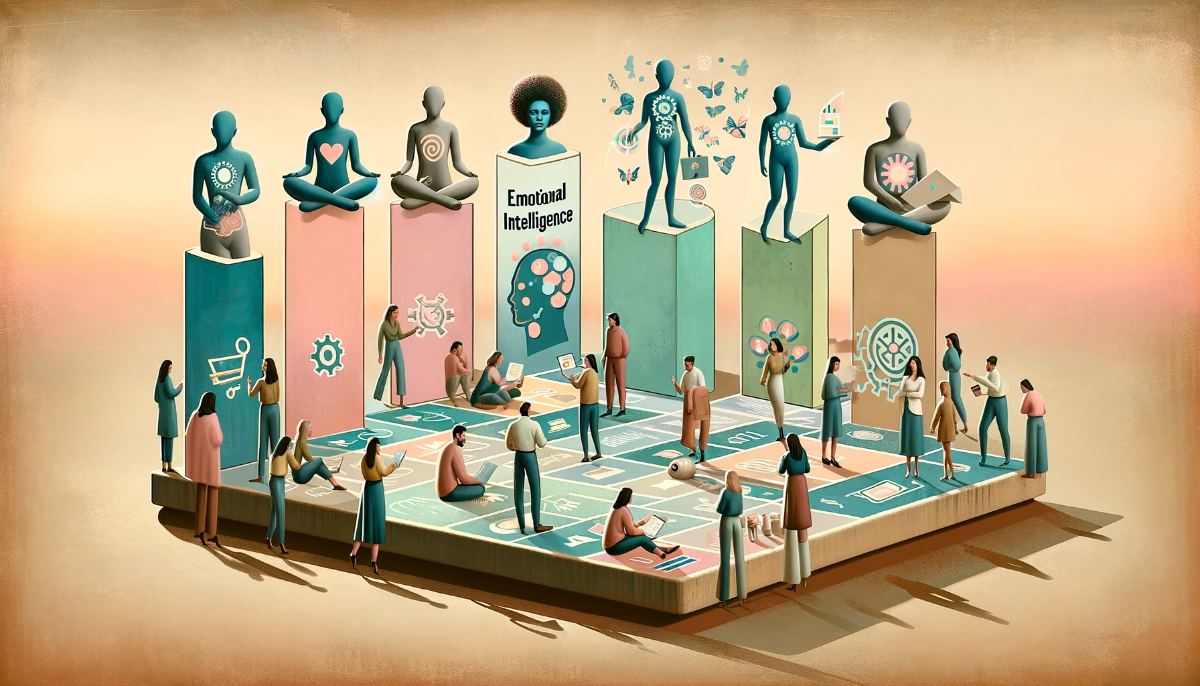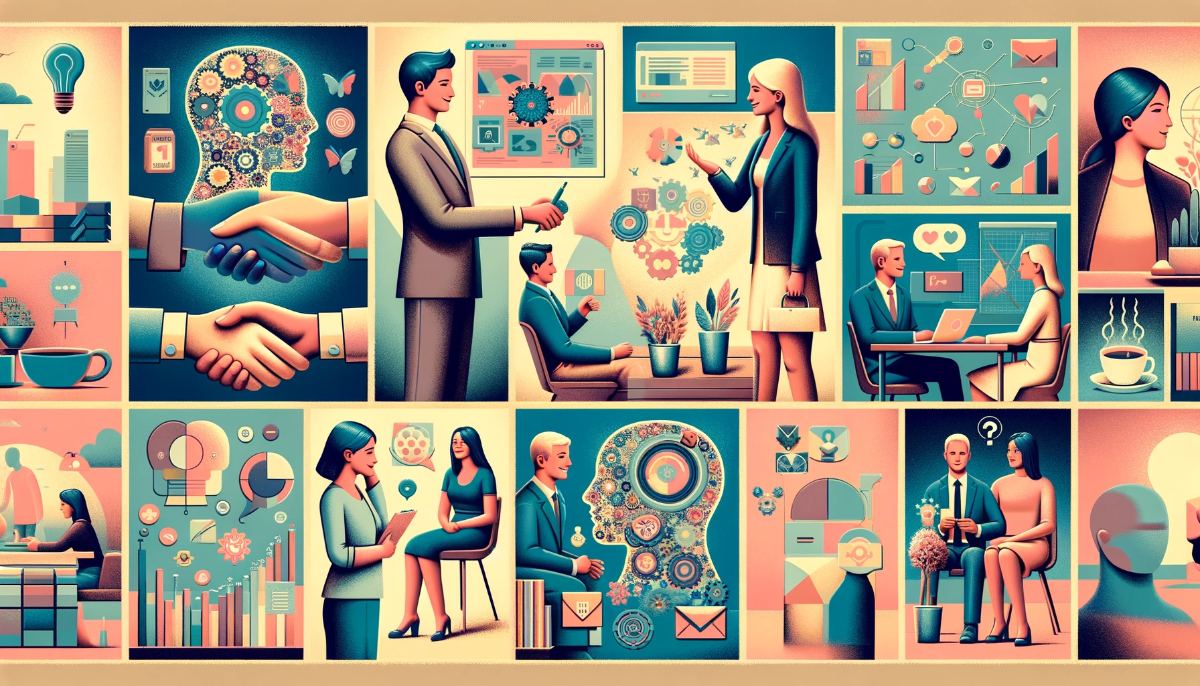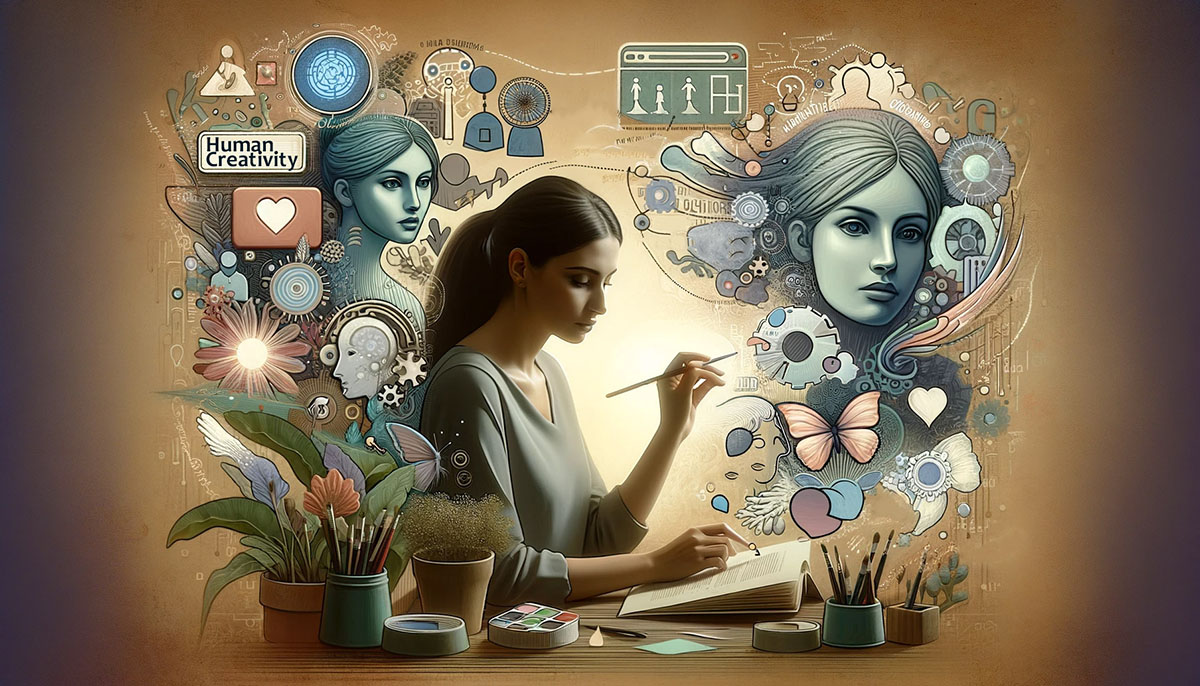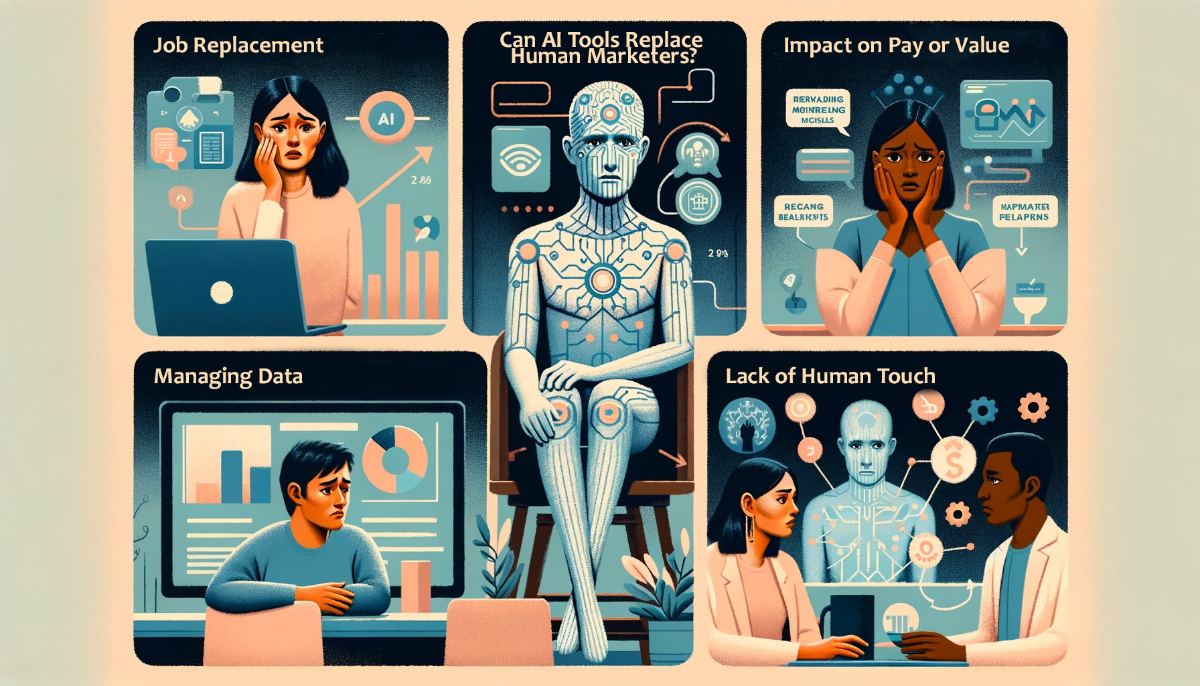In the field of marketing, there’s often a concern among professionals about AI tools potentially replacing their roles. However, the reality is quite different. AI tools are indeed advanced, but their purpose isn’t to take over your job. If you’re working in marketing and feeling uneasy about AI’s impact, it’s important to understand that these tools are designed to enhance, not replace, your skills and contributions.
These AI tools are adept at automating routine tasks, processing large volumes of data, and customizing marketing efforts on a broad scale. They offer significant assistance in boosting your productivity, accelerating content creation, and sparking new ideas. Yet, these tools still rely heavily on your expertise and insights. Your ability to understand and react to human emotions, your creative thinking, and your critical analysis are qualities that AI simply cannot mirror.
“61.4% of marketers have used AI to enhance their marketing activities, and 44.4% have used it for content production. However, 64% of marketers feel AI will replace them in 5 years. Yet, more than half of respondents (56%) believe AI is ‘not likely’ to replace their job in the next five years.”
The human connection, so vital in marketing, is something that not even the best AI marketing tools can’t replicate. They might have limitations in their responses and may lack the comprehensive data needed to address every customer inquiry accurately. AI, even with the right data, can sometimes err.
Therefore, while AI tools are reshaping the marketing landscape, they’re not here to usurp your position. Their role is to support you in performing better, to amplify your skills, not to replace them.
It’s natural to approach AI with caution, but it’s also essential to recognize that AI is meant to enhance your marketing skills, not to sideline you. Think of it as a partnership—your creative flair complemented by AI’s efficiency. If you’re curious about common concerns, let’s delve into the top 5 fears marketers have about AI and why these apprehensions might be misplaced. Keep reading to discover how AI can actually become an ally in your career progression.
Top 5 Fears Marketers Have About AI

It’s natural to have concerns. Many marketers are in the same boat, questioning the impact of AI. But remember, AI is here to complement your skills, not replace them. Let’s demystify these fears together
Job Replacement
The most prominent fear among marketers is that AI will replace their jobs entirely. A recent study revealed that nearly 2 in 3 marketers fear AI may replace their jobs in the next five years. This fear is not unfounded, as AI has the potential to automate many tasks currently performed by marketers, such as data analysis and report generation. However, it’s important to note that while AI can automate certain tasks, it cannot replace the creativity, intuition, and unique perspective that individual marketers bring to their work.
Impact on Pay or Value
Another concern is that AI tools will impact their pay or value. This fear stems from the perception that as AI takes over more tasks, the value of human input may decrease, potentially leading to lower pay or job loss. However, the reality is that AI can actually enhance the abilities of marketers by automating routine tasks, freeing up time for more strategic and creative work.
“A Gartner study predicts that by 2025, AI will power 75% of all marketing operations, yet only 33% of marketers believe AI can surpass human creativity, emphasizing AI’s role as a tool, not a replacement.”
Managing Data
Marketers also worry about managing the vast amounts of data that AI tools can generate. The ability to leverage advanced AI tools and improve their skills to handle this data is a significant challenge. However, marketers are taking charge and racing to learn new skills to keep up with AI, with as many as 85% of respondents stating that they are updating their data skillsets due to AI.
Lack of Human Touch
There’s a fear that over-automation may lead to a loss of the human touch in marketing. While AI can automate tasks and provide accurate insights, it’s not infallible. Marketers worry that over-reliance on AI could lead to a loss of the personal connection that is often crucial in marketing.
What skills do marketers have that AI can’t replace?
Here’s a comparison table that highlights the unique skills that human marketers possess, which AI tools cannot replace:
| Human Marketer Skills | Why AI Can’t Replace It |
|---|---|
| Creativity | AI tools, while efficient, often lack the depth of personalization and creative expression that human marketers bring to the table. They struggle to replicate the level of creative storytelling and campaign design that marketers excel in. |
| Emotional Intelligence | AI cannot understand and respond to human emotions in the way that human marketers can. This is crucial in crafting narratives that resonate with consumers and building strong customer relationships. |
| Strategic Decision-Making | While AI can provide data-driven insights, it cannot make strategic decisions based on a complex interplay of factors. Marketers can think outside the box and adjust strategies based on a nuanced understanding of market trends, competitive landscapes, and consumer behavior. |
| Crisis Management | In times of brand crisis, human marketers can quickly come up with creative solutions to manage the situation and mitigate damage to the brand’s reputation. This requires a deep understanding of human emotions and public sentiment, as well as the ability to think on one’s feet—uniquely human skills. |
| Ethical Considerations | Marketers operate within a moral compass that guides not just what can be done, but what should be done. AI operates within the parameters it’s given and cannot understand and navigate the ethical considerations in marketing. |
While AI tools can assist marketers in many ways, they cannot replace the unique human skills that are at the heart of marketing. As a marketer, you can rest assured that your skills will always be in demand, regardless of how advanced AI tools become.
Examples of tasks that AI cannot replace in marketing

In the dynamic field of marketing, creativity stands as a pivotal force. It’s the essence that propels campaigns, sparks life into brand narratives, and forms deep connections with audiences. Despite AI’s remarkable abilities, it lacks the capability to conceive groundbreaking ideas or weave stories that stir emotions. It’s the human marketer’s role to interpret data and extract the stories hidden within, to embed campaigns with emotional intelligence and cultural insights that resonate with people.
Consider the skill of relationship-building, a fundamental aspect of effective marketing. AI may process customer data, but it cannot engage in a handshake, share a moment of laughter, or empathize with a client’s worries. These personal interactions are key to fostering trust and loyalty, something algorithms can’t replicate. In terms of strategy, a marketer’s skill to adapt, grounded in a nuanced grasp of market trends, competitive dynamics, and brand positioning, goes beyond the binary reasoning of AI.
Furthermore, the ethical dimensions in marketing – navigating the delicate balance between persuasion and manipulation, honoring privacy, and upholding brand integrity – are domains where the human conscience is critical. AI functions within set boundaries, but marketers are guided by a moral compass that determines not just what is possible, but what is right.
While AI can manage the intensive work of data analysis and pattern identification, these uniquely human aspects of marketing remain beyond its reach. It’s clear that the soul of marketing can’t be automated. So, while you utilize AI as a formidable tool, find solace in the irreplaceable value of your human touch.
Examples of marketing tasks that require human creativity

In marketing, the unique human touch of creativity is something that AI tools just can’t mimic. Take, for example, the creation of a brand’s story. This task requires an intimate understanding of human emotions and cultural subtleties, along with the skill to blend these aspects into a story that really speaks to people. AI, despite its impressive functions, just doesn’t have the knack for this kind of imaginative storytelling.
Let’s also consider the designing of marketing campaigns. AI might give us helpful data to shape a campaign’s strategy, but it’s the creative flair of a marketer that really makes a campaign stand out. From dreaming up the overall theme to designing visuals and writing the copy, these steps need a spark of creativity that AI tools just don’t have.
“Research by Salesforce indicates that while 84% of marketers use AI, 61% report a lack of understanding of AI capabilities, suggesting AI complements rather than replaces human marketers due to knowledge gaps.”
Then there’s the need for creative thinking in making strategic choices. Marketers often face complex decisions influenced by market trends, the competitive scene, and consumer habits. These choices frequently call for innovative thinking, something that AI, operating on set algorithms, can’t offer.
And don’t forget about crisis management – a crucial area where creative human input is essential. When a brand faces a tough situation, marketers have to quickly devise inventive solutions to control the issue and protect the brand’s image. This involves a solid grasp of human feelings and public opinion, plus the capacity to think quickly – abilities that are distinctly human.
So, while AI tools are useful aids in many marketing tasks, they can’t take the place of the creativity at the core of marketing. As a marketer, your imaginative abilities will remain valuable, no matter how much AI technology progresses.
Conclusion
In the field of marketing, AI stands as a potent collaborator, not an adversary. Its role is to enhance your work, not to take your place. The creativity, emotional intelligence, and strategic decision-making you bring are distinct strengths that AI simply cannot duplicate. Particularly in areas like crisis management and navigating ethical issues, your human perspective is indispensable. Therefore, it’s beneficial to see AI as a supportive tool, one that allows you to devote more time to your core competencies—crafting engaging stories, fostering relationships, and making pivotal decisions. Keep in mind, you’re the driving force in shaping the brand’s narrative; AI is merely a robust tool at your disposal. So, take a deep breath and step confidently into the future of marketing, knowing that your skills are, and will remain, invaluable.
If you like this post check out other AI-related articles:
5 effective tactics for using predictive lead scoring in sales


